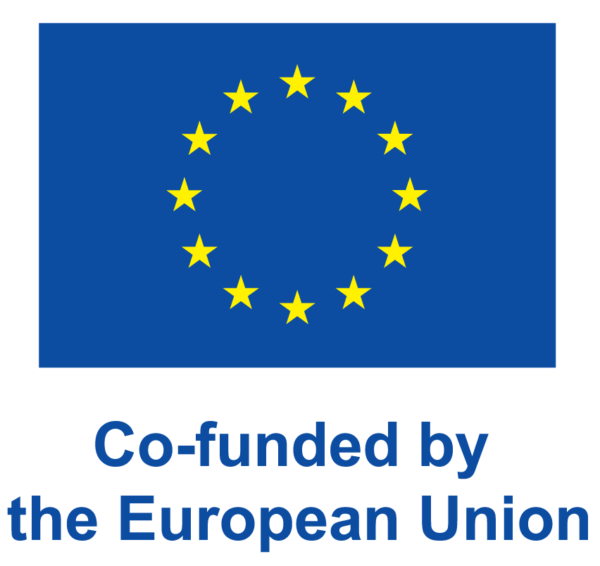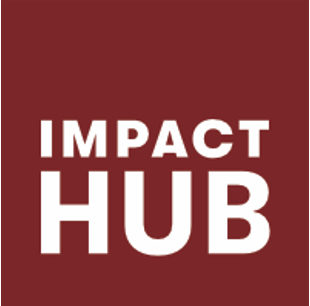ESESII
Our consortium enables social entrepreneurs to scale internationally.
Enabling Social Entrepreneurs to Scale their Impact Internationally
Working with 1.000+ SIA alumni ventures from 25+ countries, we at SIA are interested in helping these ventures scale their social innovations internationally. In line with these efforts, we are part of the Erasmus+ Project “Enabling Social Entrepreneurs to Scale their Impact Internationally”, ESESII for short.
The consortium for this project is formed by five partners alongside us at Social Impact Award: Euclid Network (Netherlands), Synthesis (Cyprus), WU Vienna (Austria), MateraHub (Italy), and Leipzig University (Germany). We will work with these organizations for 2.5 years on the topic of internationalization in the field of social entrepreneurship.
ESESII addresses social entrepreneurs’ lack of knowledge about the impact that can be had outside of their country of operation. Beyond this, many social entrepreneurs often miss the necessary soft skills and specialized know-how to successfully introduce their business to a different country. ESESII seeks to address these challenges by developing a framework of skills and competences, and at a later date, a curriculum to train social entrepreneurs. Moreover, ESESII also engages with social enterprise support organizations and develops a set of policy tools destined to social enterprise support organizations and national interest groups.
Scaling impact abroad: An analysis and framework of competences for social enterprise internationalization
The number of social enterprises addressing diverse social and environmental problems and seeking to provide innovative solutions to today’s most pressing challenges, such as social exclusion, poverty, or climate change, is rapidly increasing across the world. But despite their potential to tackle social problems on a global level, many social enterprises do not scale beyond their reach of their local markets. This is often due to social entrepreneurs facing a myriad of challenges and a lack of skills and competences for successful internationalization.
To better support the internationalization of social enterprises, Vienna University of Economics and Business’s new report explores the concrete challenges, competences, and potential competence gaps that hinder social entrepreneurs from scaling their impact across the borders of their home markets.
Based on the research and analysis, the report provides an “Integrated Framework of Competences for Social Enterprise Internationalization” for social entrepreneurs, vocational education and training providers (VET) and the social entrepreneurship ecosystem. In the years to come, the framework will serve as a basis for the design of VET curricula, serving social entrepreneurs across Europe.
Building on scientific insights, the report highlights the importance of recognizing the diversity of the social economy ecosystem and that there is no “one size fits all” model for internationalization. It is important to recognize that different scaling approaches may indeed lead to different challenges and may require different competences. This underlines the need to provide targeted support for internationalizing social entrepreneurs and that support provisions must be tailored to the respective scaling strategy chosen by social entrepreneurs. Here, international network organizations can play a key role in knowledge sharing and connecting social entrepreneurs aiming to internationalize.










































